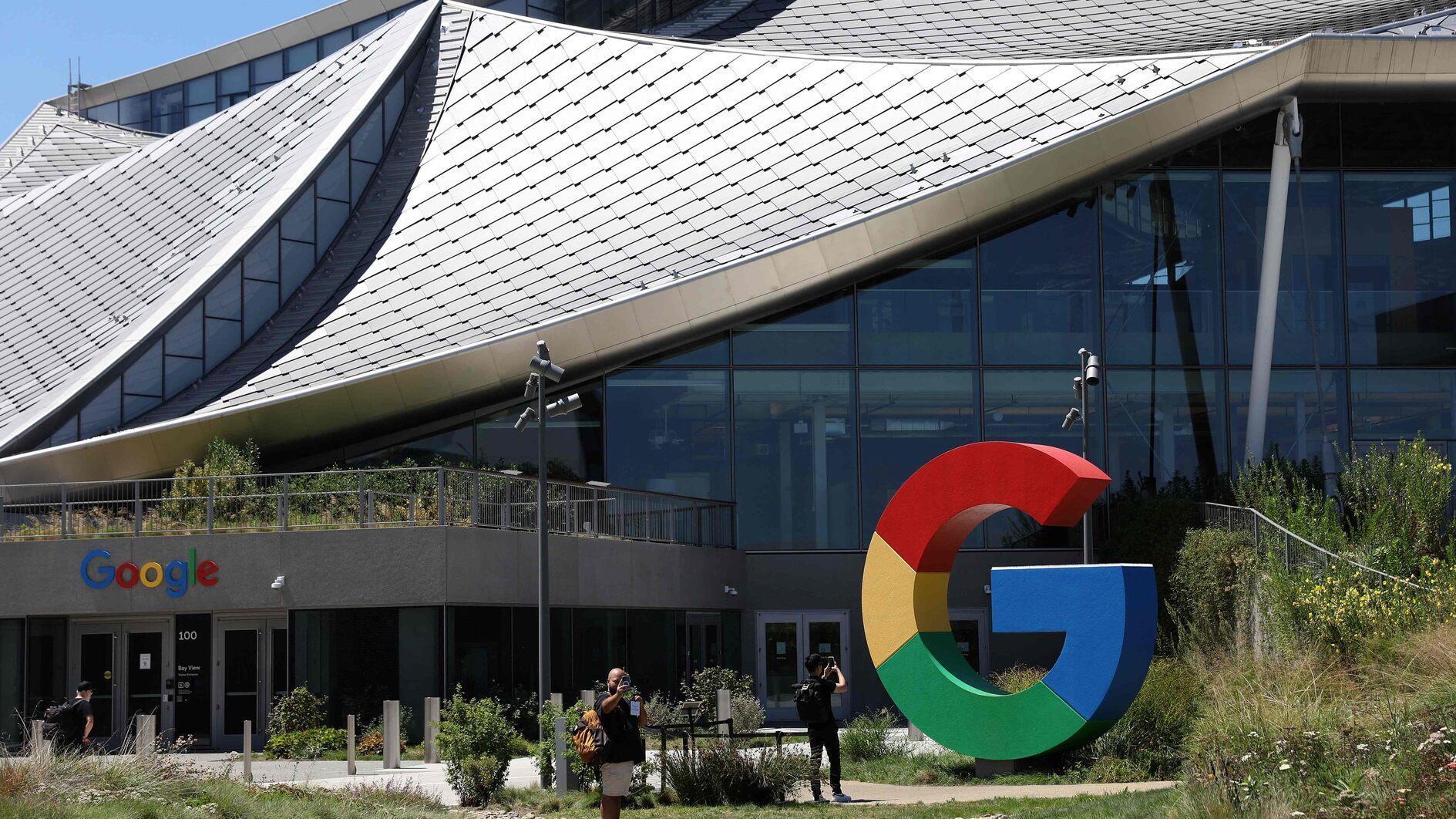In election season, US firms battle 'brand disinformation'
WASHINGTON

From Google to Netflix, prominent U.S. companies are battling internet boycott calls over their perceived political leanings in a polarizing election season that has exposed them to what researchers call "brand disinformation."
The online campaigns, which falsely claim both Netflix and Google are funding or favoring Democratic nominee Kamala Harris ahead of the November election, illustrate how brands are vulnerable to political falsehoods that can expose them to financial perils.
Those calling for a boycott, researchers say, include fake accounts on the platform X. The site is owned by Elon Musk, who has endorsed Donald Trump and appears to exert an outsized influence on voters through the platform, which has become a hotbed of disinformation.
The recent boycott calls targeting Netflix, which also spread on other platforms such as TikTok and Instagram, were triggered by false claims of a $7 million donation from the streaming service to Harris's campaign, AFP fact-checkers reported.
Reed Hastings, the service's co-founder and executive chairman, made a contribution to Vice President Harris's campaign but the company said it was a "personal donation" and had "no connection to Netflix."
Still, calls to "cancel Netflix" flooded social media sites, with many users falsely claiming the company was indirectly funding the Harris campaign. Some shared screenshots of their canceled subscriptions.
Nearly a quarter of the boycott calls on X were traced to fake profiles, which have consistently expressed support for Trump through the past year, according to the disinformation security company Cyabra.
"Brand disinformation campaigns in today's polarized climate have far-reaching impacts beyond just corporate reputation," Dan Brahmy, Cyabra's chief executive, told AFP.
"The Netflix case demonstrates how rapidly these campaigns spread, potentially reaching hundreds of millions" and shows how "disinformation can manipulate public opinion and consumer behavior," he said.
As the hotly contested election nears, Brahmy cautioned, "brands must be vigilant."
Similar boycott calls recently targeted Google after unfounded claims that the company censors election-related content and manipulates search engine results in favor of Harris.
Cyabra identified hundreds of fake profiles on X, many with a recent history of pro-Trump content, which called for a boycott of the tech giant while promoting another search engine.
Musk, who has repeatedly criticized Google, played a "significant role in amplifying negative content" against the company, Cyabra said in a report.
Earlier this month, a survey by the portal Sitejabber showed 30 percent of respondents had boycotted a brand over political reasons in the past 12 months, while 41 percent said they prefer that companies keep their "political positions private."
"Brands face a delicate balancing act this election year," Michael Lai, chief executive of Sitejabber, told AFP.
"While staying apolitical may seem safe, it's important for businesses to understand that even neutrality can be interpreted as a position."
















